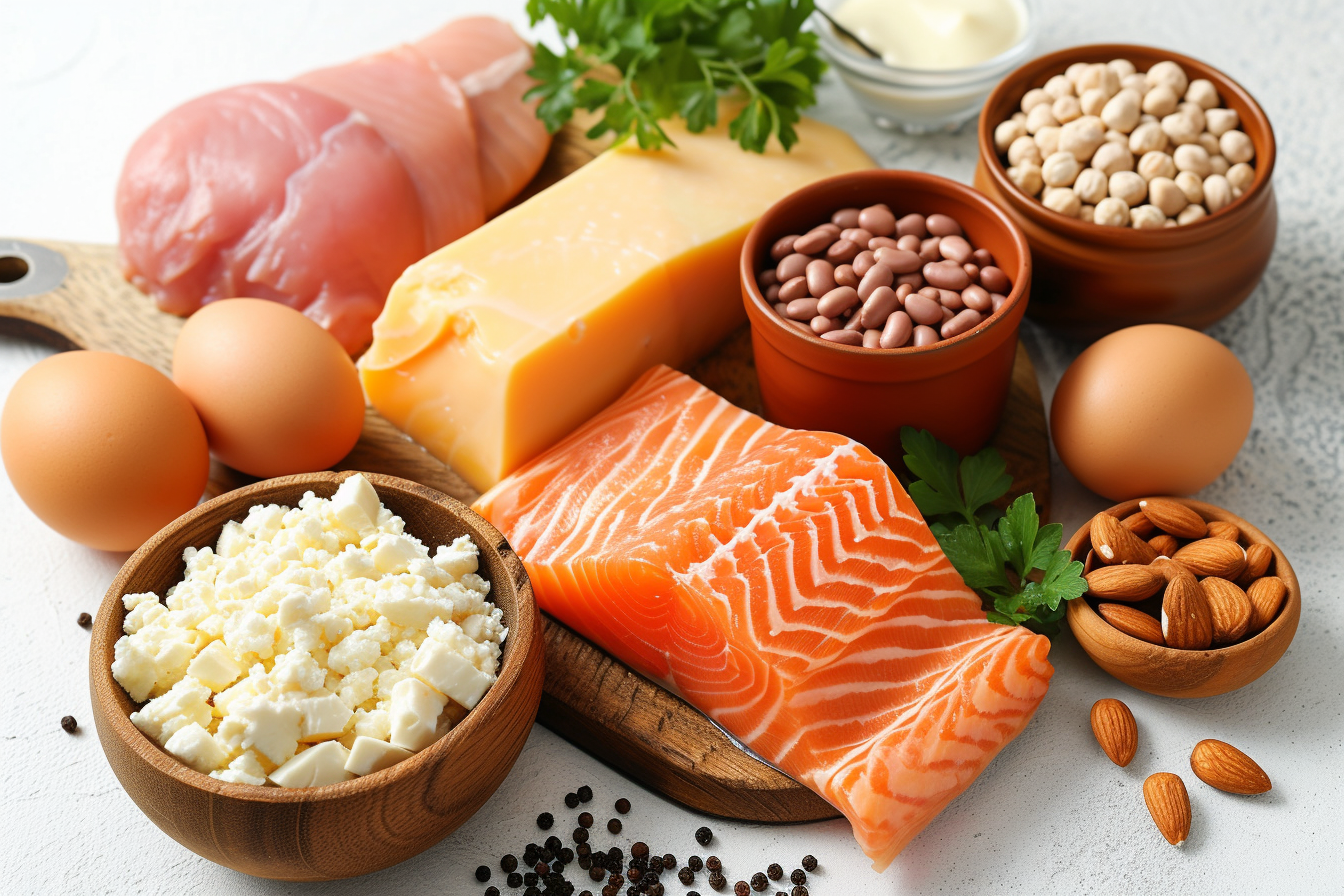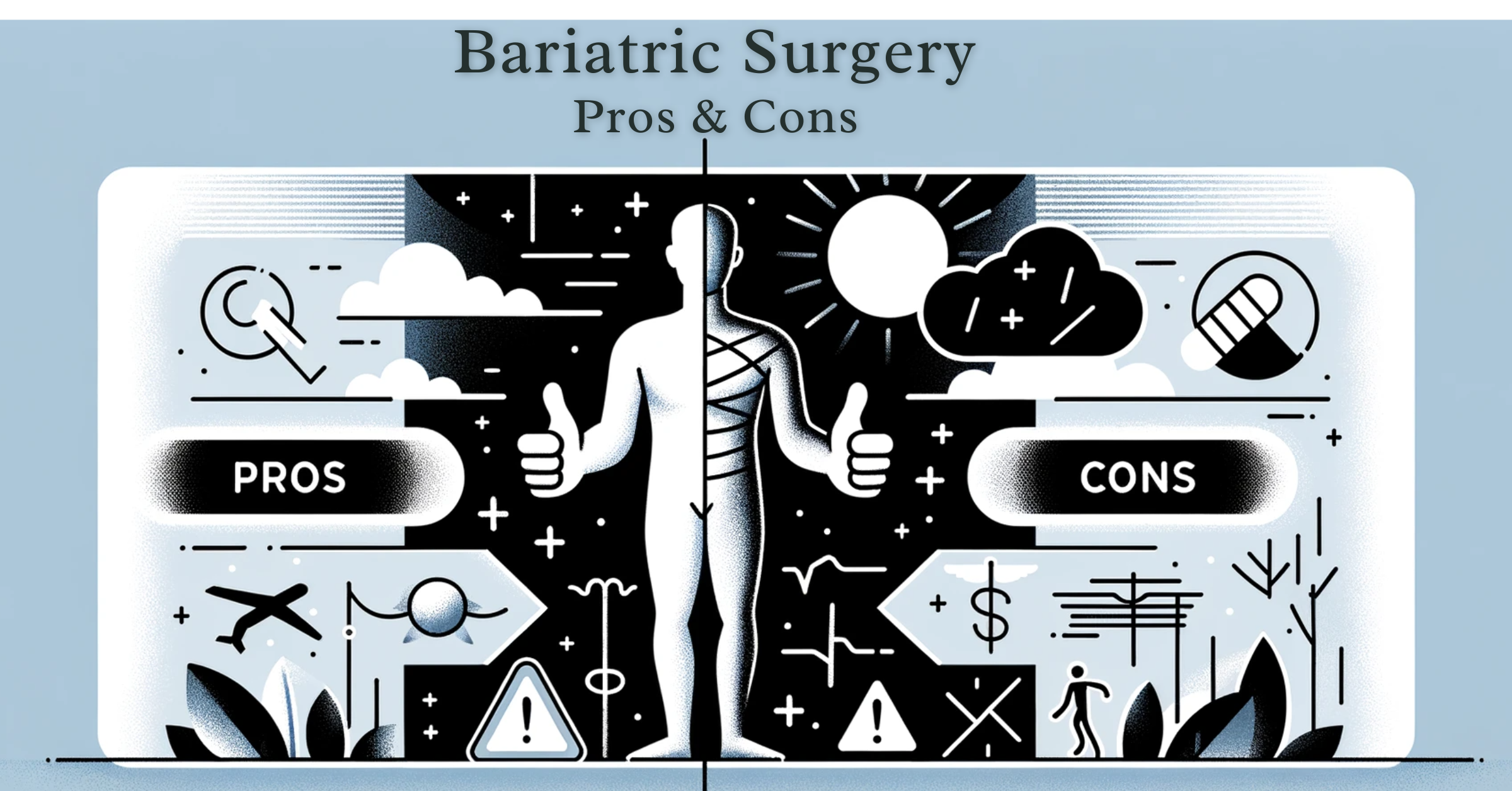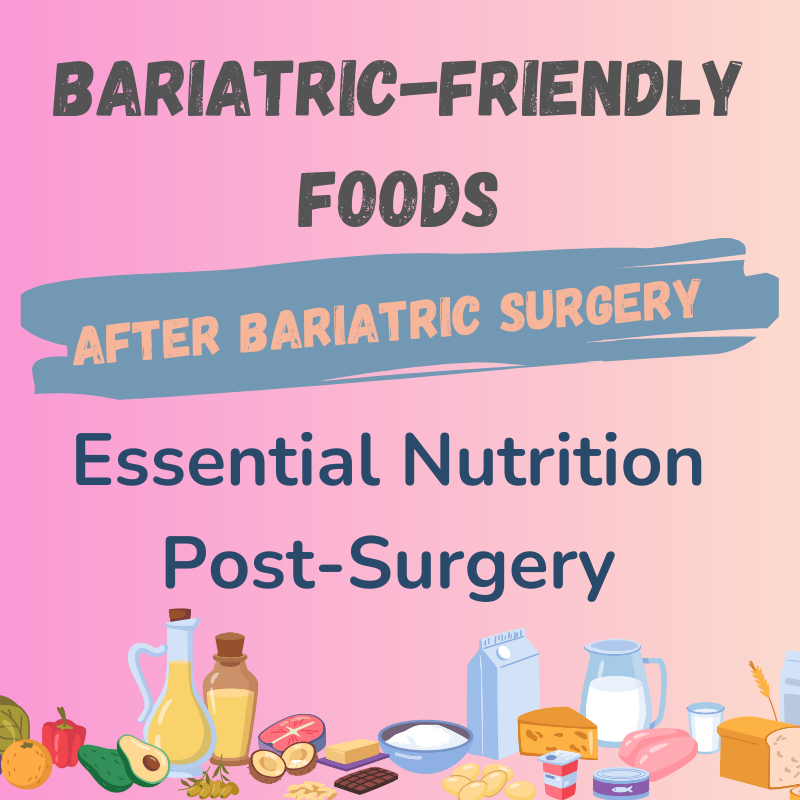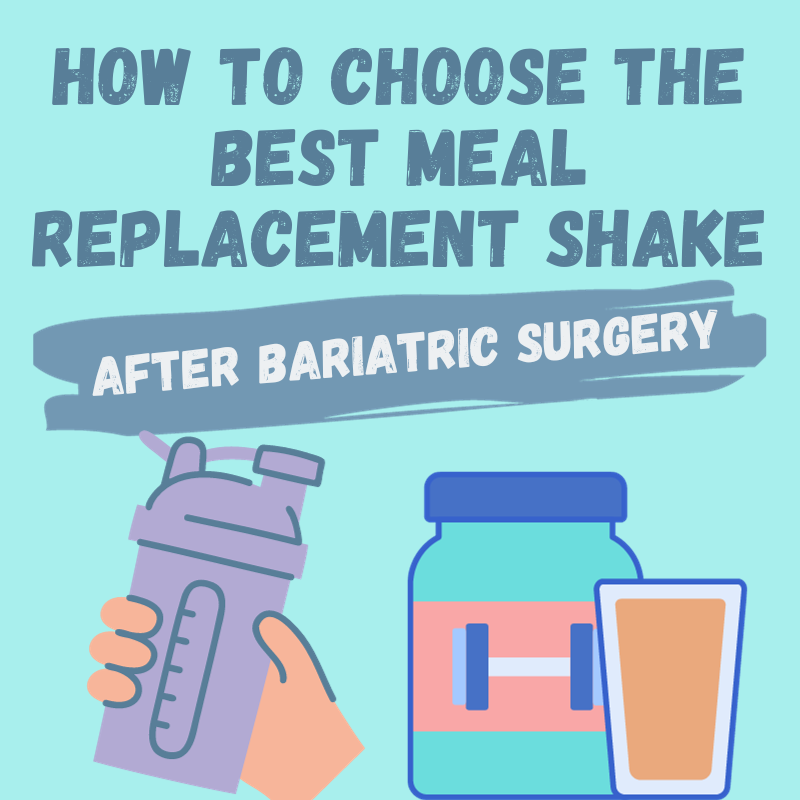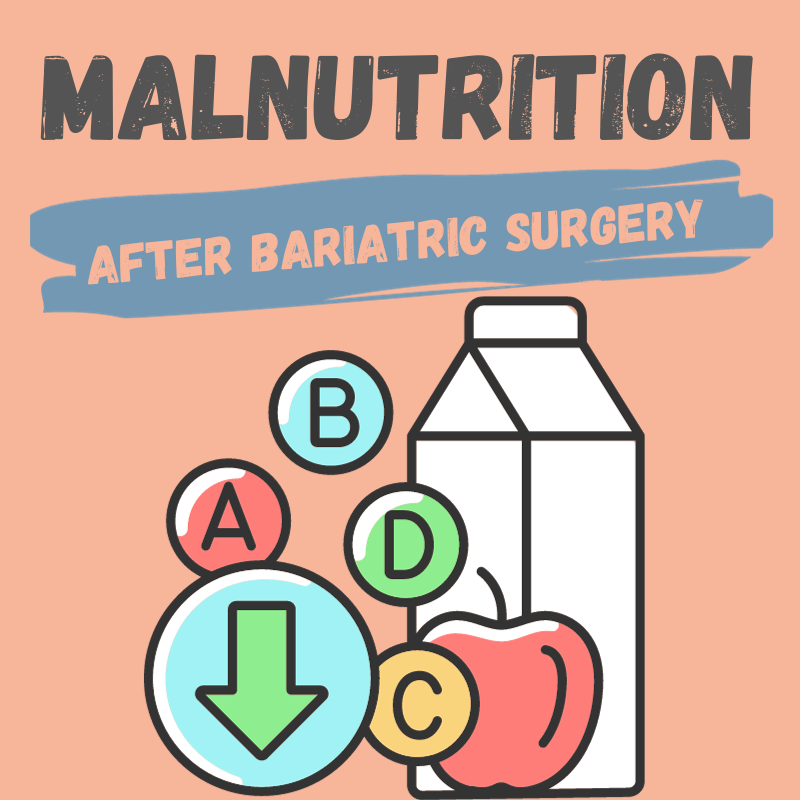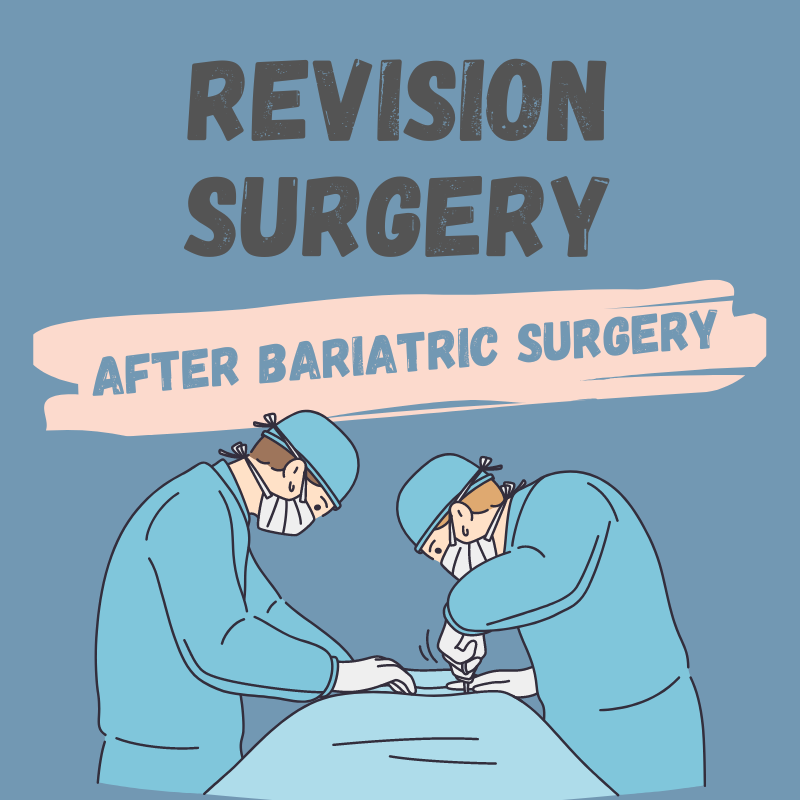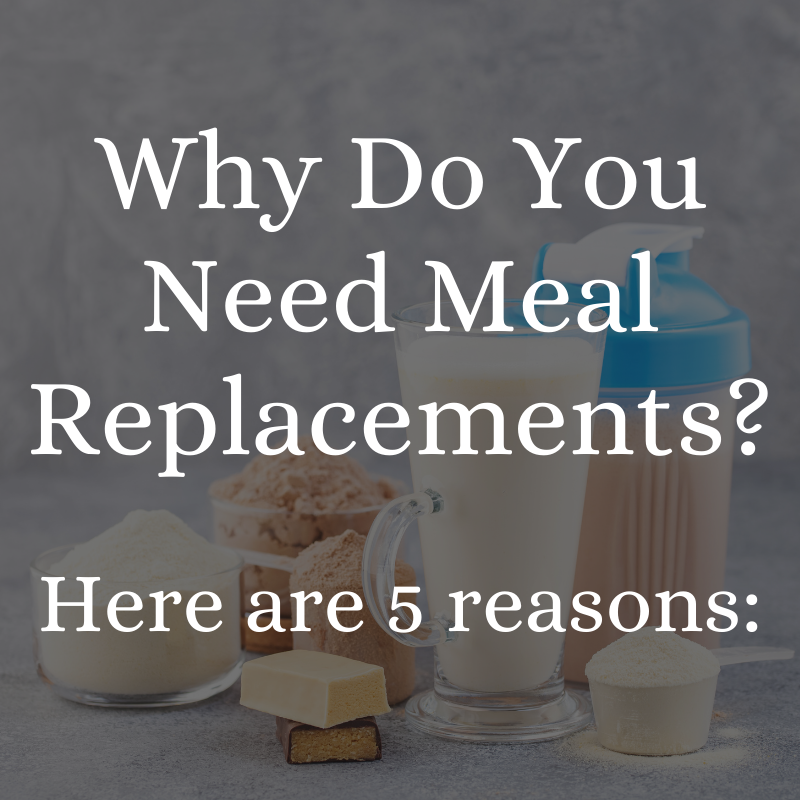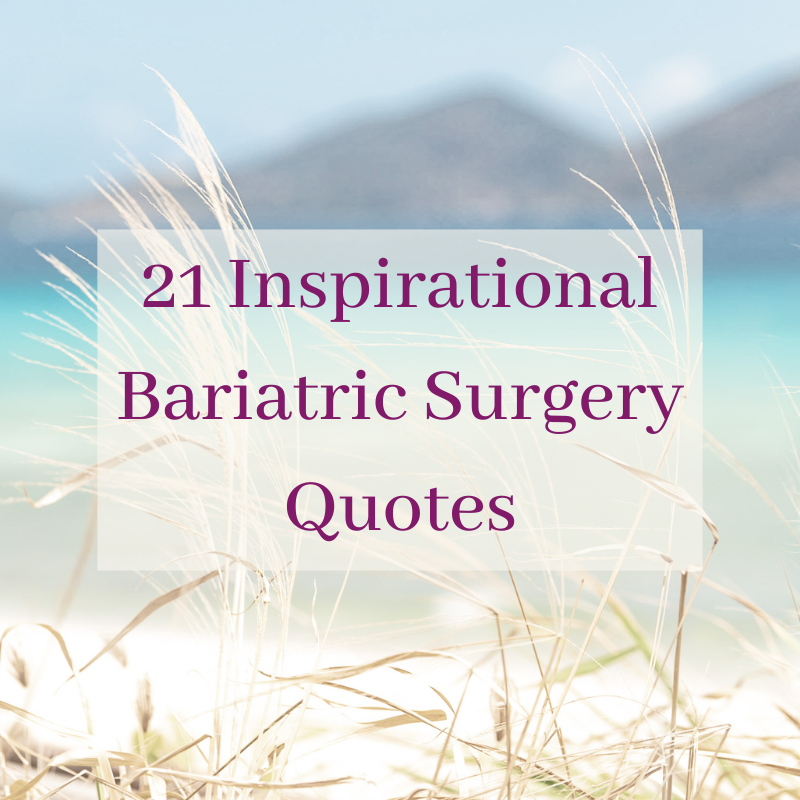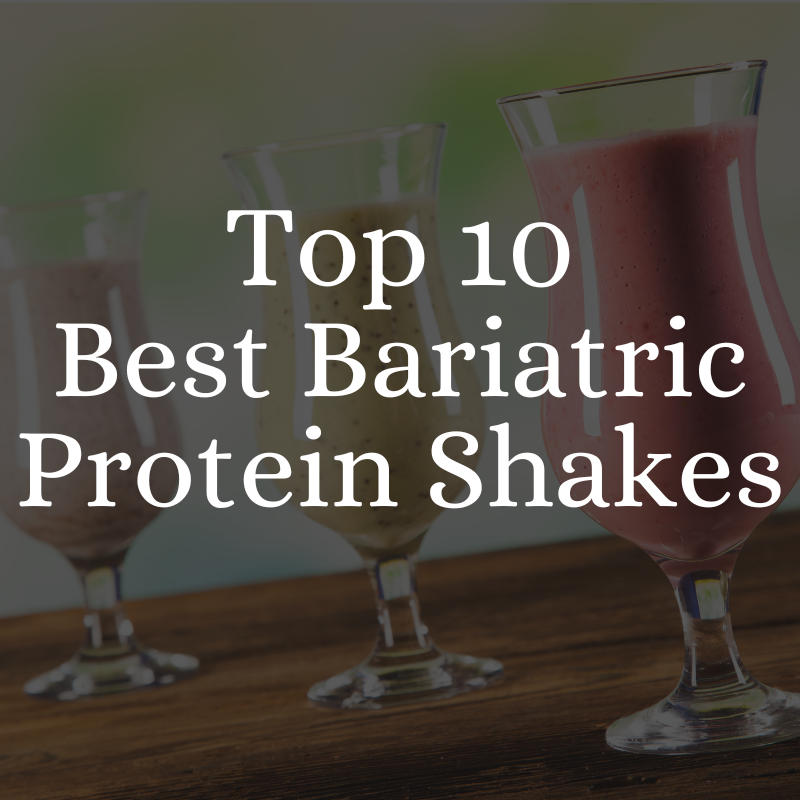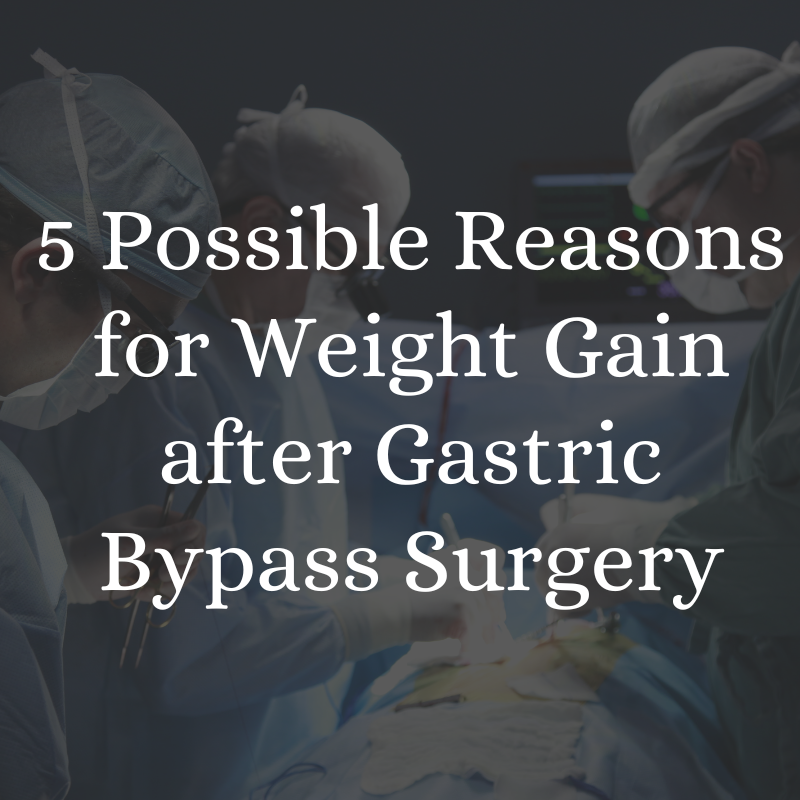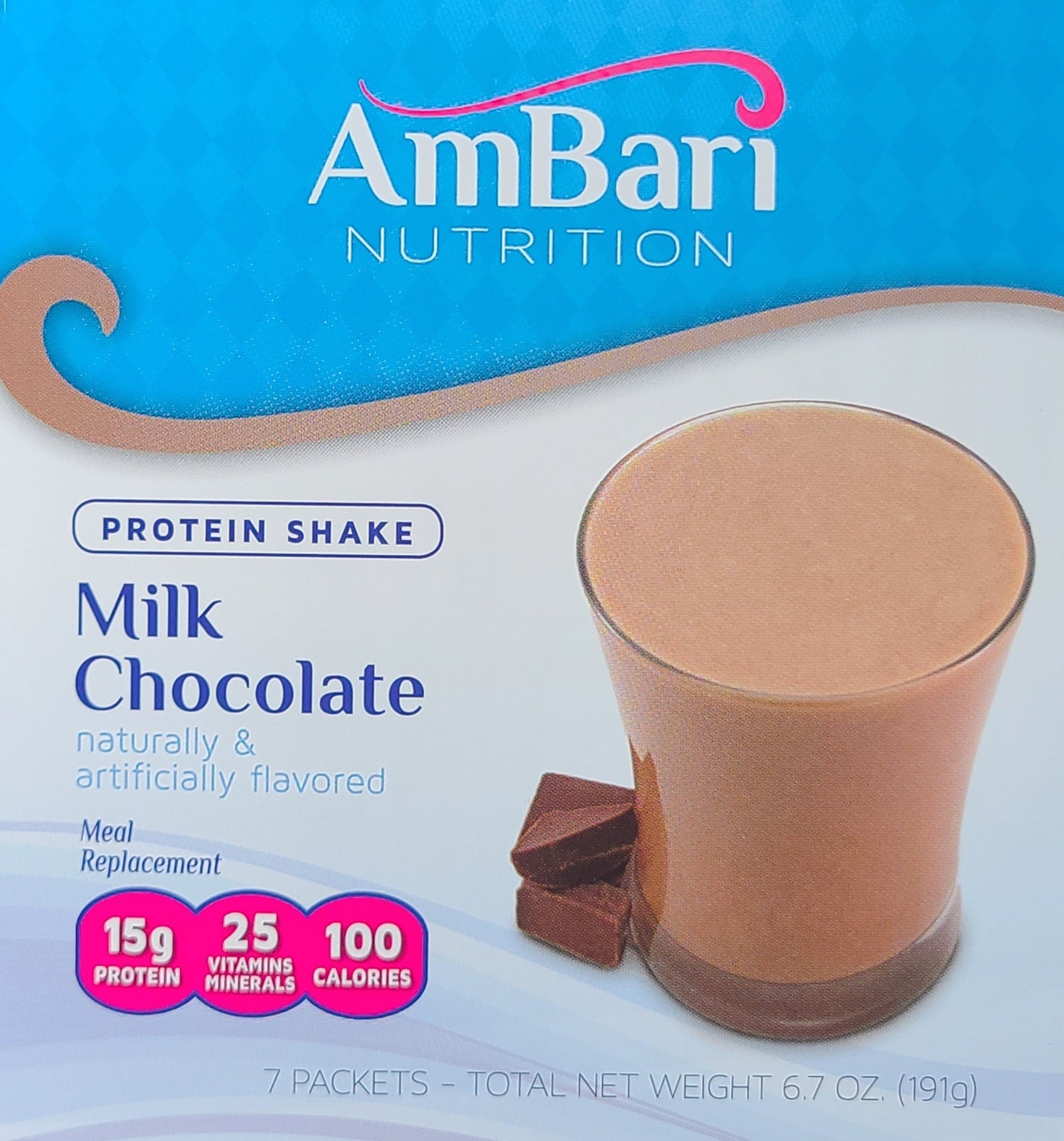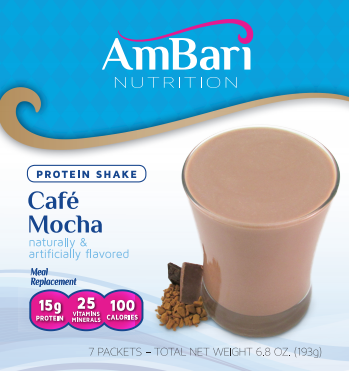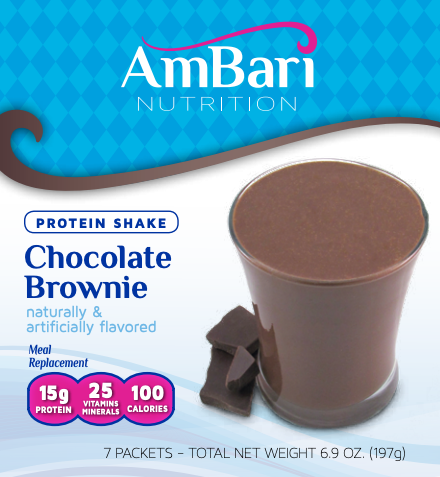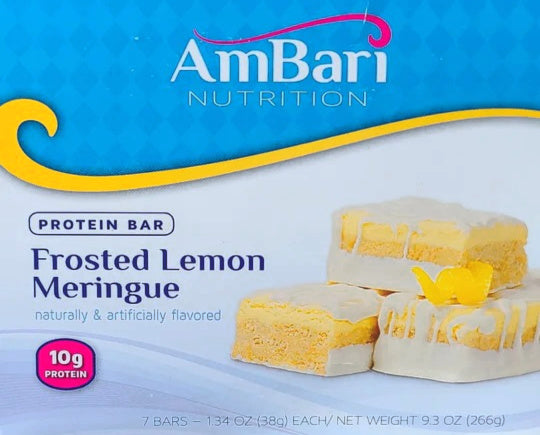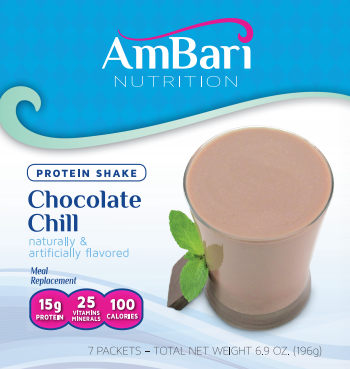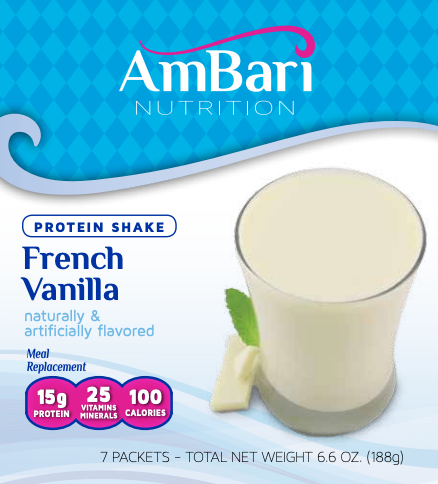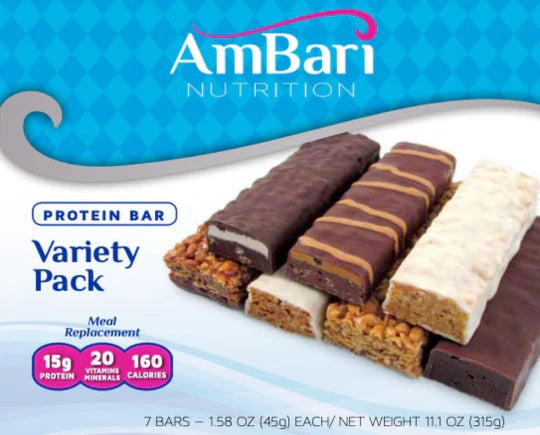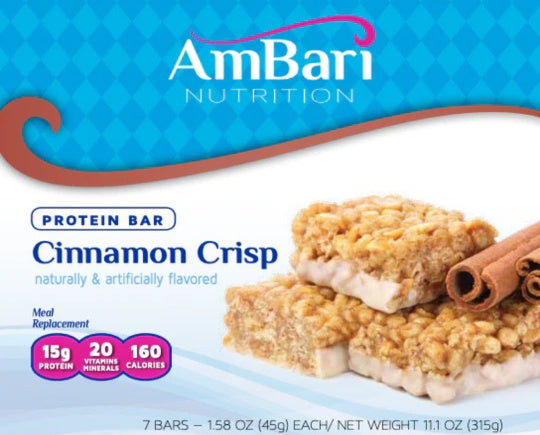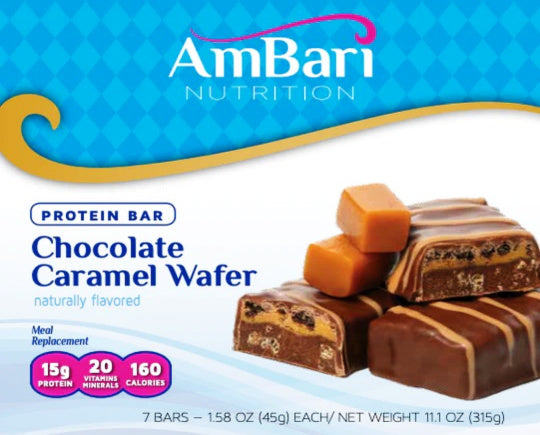Your cart is empty
What Foods Can You Not Eat Again After a Gastric Bypass?

Have you recently gone through a gastric bypass surgery or are considering one to further your weight loss efforts? Well, in either case, you need to be aware that post-surgery you will be restricted in terms of what you can or can not eat, in some cases for good.
Thus, opting for gastric bypass should be done after careful consideration. The surgery essentially reduces the size of your stomach which restricts how much you can eat and the types of food that your digestive system can easily manage.
To help you make more informed decisions we have prepared a comprehensive guide on what you should not or can never eat again after a gastric bypass surgery and why.
8 Foods You Should Not Eat Again After a Gastric Bypass
Raw Vegetables & Fruits
Vegetables and fruits can provide loads of vitamins and minerals, but also high levels of fiber, carbs, and sugar. Experts suggest avoiding fibrous foods after gastric bypass for at least six months for several reasons.
Firstly, foods like raw broccoli, cauliflower, corn, celery, banana, apples, and pears have tough skins, which can be challenging to digest and may cause discomfort. Some fruits can also have high levels of sugar and carbs, which should be avoided at all costs.
However, a good way to get around eating your favorite fruits and vegetables is to peel off the skins and cook and mash them to make them easier to digest.
Your favorite fresh fruits can also be consumed by making delicious shakes and smoothies which can provide high nutritional value while being a lot less taxing on your digestive system.
Whole Dairy Products
While low-fat and non-dairy milk and yogurt is encouraged by doctors after a gastric bypass, whole dairy products such as ice cream, cheese, whole milk, and butter should be avoided post-op.
Dairy products do contain high levels of calcium along with other vital minerals and vitamins but they also contain a lot of fat which can cause vomiting and nausea.
The high-fat content also makes whole dairy products hard to digest which is contradictory to your weight loss efforts.
Sausage & Bacon
As much as we love sausage and bacon for breakfast, it is not the healthiest option post-op. Not even close! In fact, you might have to say goodbye to eating sausages and bacon for good to help you achieve your long-term weight loss goals.
Bacon and sausages contain high levels of saturated fat which leads to gastrointestinal discomfort. Big solid pieces of food can also cause blockages in the small intestine which can cause vomiting, abdominal pain, and nausea.
Meats That Aren’t Ground
Ground meats, like chicken and turkey, are rich in protein and easy to chew and digest.
However, heavyweight meat contenders such as thick steaks, roasts, and pork chops are off the table. Meats that are tough and dry are not only hard to chew but can also cause blockages and issues with your digestive system, even years after surgery.
As such, red meats and meats with gristle should never be eaten again after gastric bypass.
Bread & Pasta
This may be bad news for those of you who love pasta, lasagnas, and pizzas but to lose weight and maintain it you need to say goodbye to most types of bread and pasta.
Regular bread and pasta is made of highly processed white flour which contains a ton of sugar, starch, and high levels of carb. This can result in discomfort, indigestion, and even surgical complications.
On the bright side though, cutting out these carbs can help you lose weight quickly which is the ultimate goal.
Heavily Seasoned Or Spicy Food
Spicy foods might tantalize your taste buds, but let's be real – they won't be your belly's best friends post-op.
While it might feel frustrating to eat predominantly bland foods post-surgery, remember that any type of spicy or heavily seasoned meal can affect the incision sites made in the stomach and intestine during surgery.
This can cause massive discomfort and as such you should be careful if you're going to eat spicy food after a gastric bypass.
All Types of Greasy Fast Foods

All greasy foods, including sausages and bacon that we mentioned earlier, are high in fats, oils, and cards which can be very difficult to digest post gastric bypass.
While you may feel tempted to have greasy fast foods once in a while, you can’t! You have to strictly ban such unhealthy processed foods from your diet.
Not only is greasy food not good for weight loss, but it can also cause dumping syndrome - a condition where food travels directly through the stomach pouch and the small intestine without being digested. This can result in nausea, excessive vomiting, and cramping.
Alcoholic, Carbonated, Or Caffeinated Beverages
After the surgery, the digestive system is still adapting to its new normal. In this case, both alcohol and caffeine have the potential to trigger stomach discomfort and disturbances.
So while you have to be careful as to what you eat you also need to be careful about what you drink.
One should make a conscious effort to steer clear of beverages that contain various forms of sugar. This means that sparkling water, energy drinks, caffeinated coffee or tea, and both soda and fruit juices are not great choices for your post-operative diet.
Frequently Asked Questions (FAQs)
Q) How many calories should you take after gastric bypass?
During the initial month after your surgery, it's important to limit your daily calorie intake to a range of 300 to 600 calories. Your primary focus should be on consuming thin and thicker liquids. It's essential to ensure that your daily caloric intake does not surpass 1,000 calories.
Q) What foods can you eat after a gastric bypass?
It is important to go for foods that are not greasy, low in fat, and well-cooked. You can eat soft fresh fruits, cooked or dried cereal, fish, eggs, beans, and low-fat dairy products.
Bariatric Food Source - Your One-Stop-Shop For All Your Post-Surgery Dietary Needs
It can be difficult to keep up with the challenges of following a certain diet post-gastric bypass. With our busy lives and hectic schedule ensuring we get the nutrition we need when we need it is easier said than done.
That is why at Bariatric Food Source our specialized store consists of over 200 bariatric food products that are carefully curated to provide you with a nutritionally balanced meal whenever you need it. Our products are also designed to promote healthier eating behaviors and make weight management a lot less challenging.
For more information call us today at (888) 344-4547 to take advantage of our exclusive deals and discounts!
Bariatric Guides & Information
More Info
Customer Favorites
- Choosing a selection results in a full page refresh.

